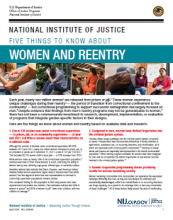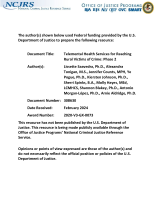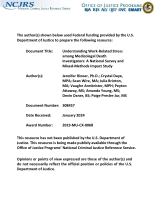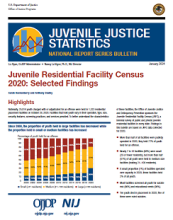Urban Adolescents' Exposure to Violence and Racial Discrimination: Gender Differences in Coping and Mental Health
Journal
Journal of Child and Family Studies
Date Published
March 2024
Agencies
NIJ-Sponsored
Publication Type
Research (Applied/Empirical)







